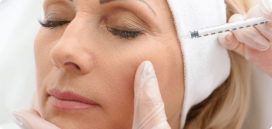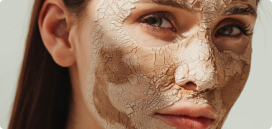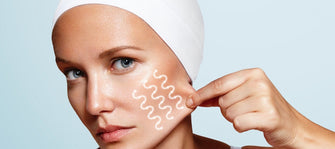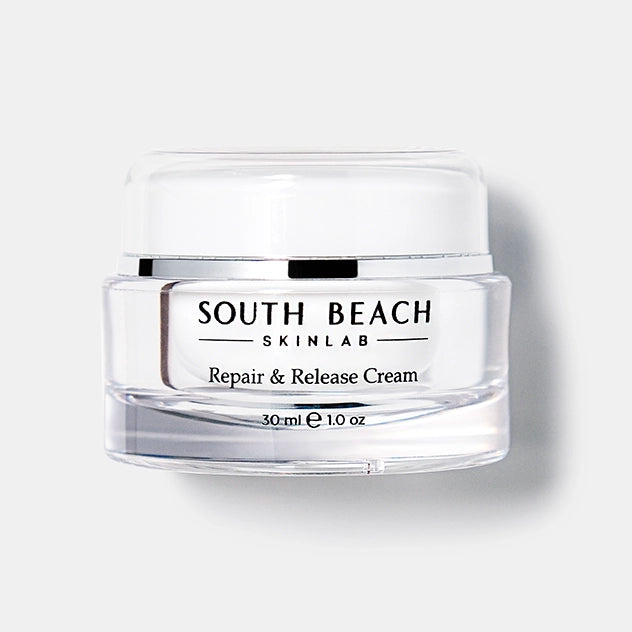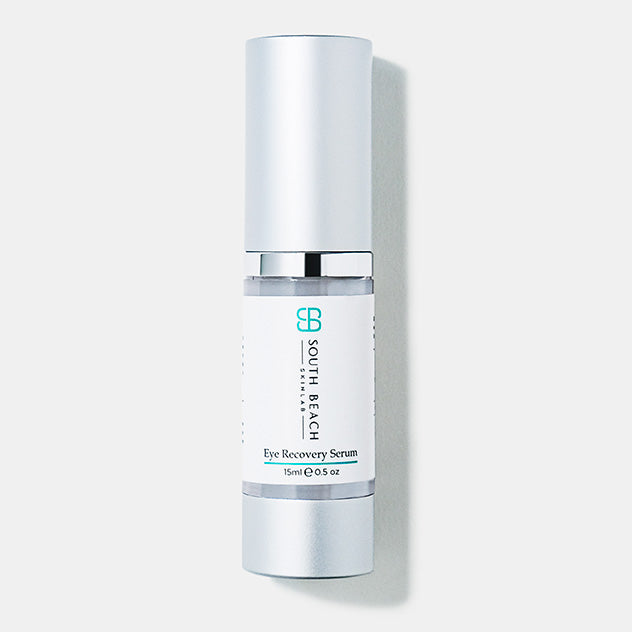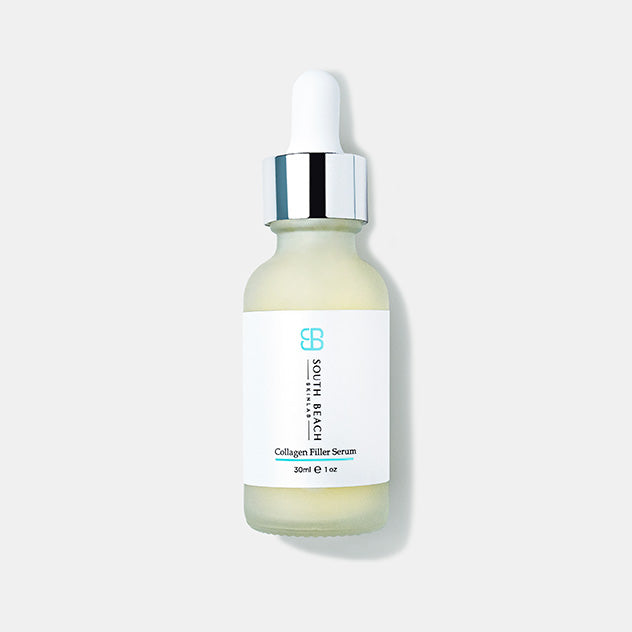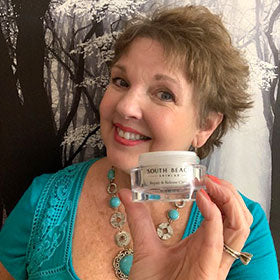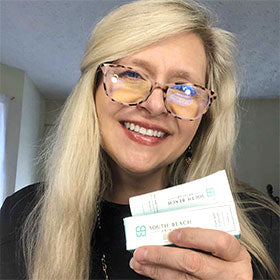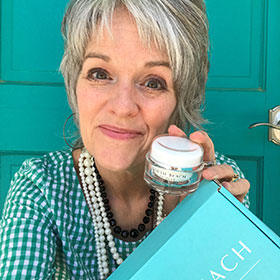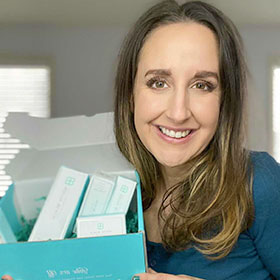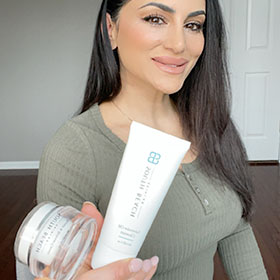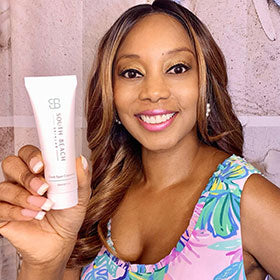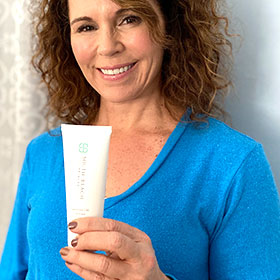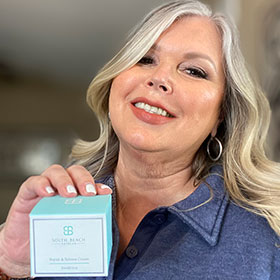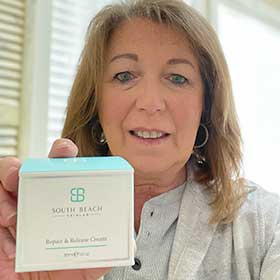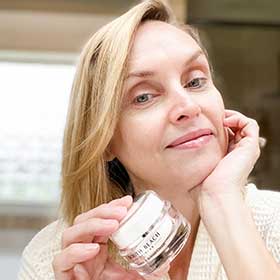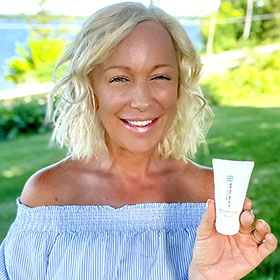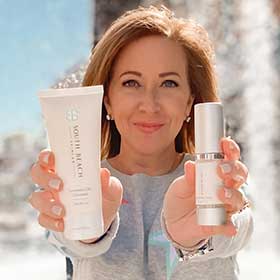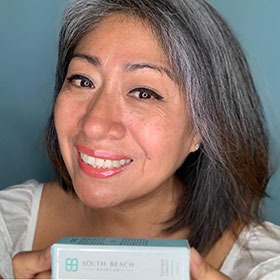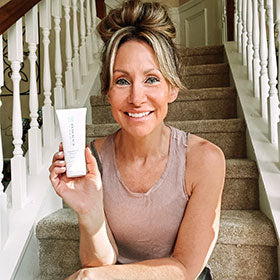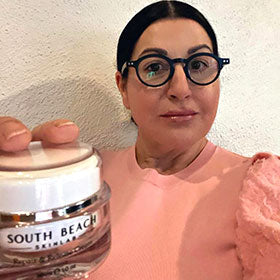Of all the skincare trends, one that seems to be dominating this year is the use of retinol to help control wrinkles. While it’s been praised for results, there are just as many people who have ruined their skin with it.
Instead of letting you risk it all, we did a deep dive to find out what really is retinol and is it going to help you banish wrinkles?
What Is Retinol?

You’ve probably heard about retinol from beauty bloggers or even friends, but do you have any idea what it actually is? Retinol comes from vitamin A and is classified as part of the retinoid family. Most recently, it’s become a popular buzzword in the world of skincare. What makes it so special to people is that it penetrates all layers of your dermis and promises to relieve skin of wrinkles.
What we found interesting was compared to ingredients like vitamin C, it only seemed more dangerous and difficult to use. To get your hands on higher doses of retinol, you’ll need a doctor's prescription. And even worse, it can lead to a whole host of skin issues from rashes to increased sensitivity.
Is It Safe To Use?

The simple answer is yes. Unlike other skincare ingredients proven to cause cancer or irritation, retinol is considered relatively safe. If you do suffer from dryness, irritation, sensitivity, or breakouts, we suggest staying away and opting for skincare that's safe for all skin types. Using retinol with troubled skin can cause it to become even worse.
When you’re prescribed retinol, your doctor will start you on a small amount and work your way up to a more potent dosage. This should give you a clear idea of just how risky using it can be. Just because it’s safe doesn’t mean it’s the right choice for your skin. In fact, most skin types will report some kind of issues with using retinol instead of anti-aging topical peptides.
What Can I Use Instead?

Understandably, the risk and inconvenience of getting a prescription could turn you off retinol - but what can you use instead? There are plenty of safer alternatives to retinol that you can easily incorporate into your daily routine.
We suggest using products with stable vitamin C, like the kind used in our Repair & Release Cream, it has the same ability to penetrate the skin and boost collagen production! When you take into account that it’s virtually risk-free to use, it’s often a more effective and safe option for fighting wrinkles. Even proven peptides like Matrixyl and Reproage can help deliver even better results for wrinkles than retinol in as little as 30 days. You’ll be able to see results without the risk of retinol!

